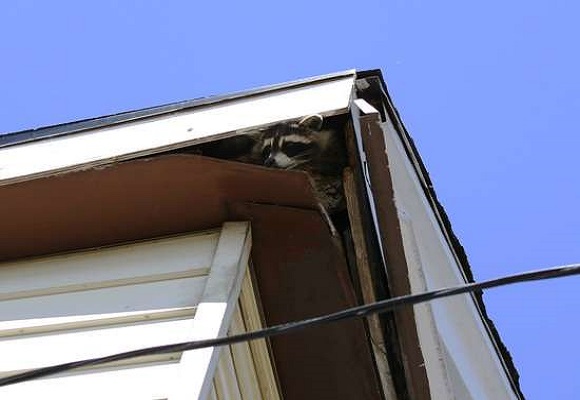Numerous groanings, creakings, poppings, and scratchings can be heard in the average home on a daily basis. If you’re a homeowner, you should be able to assess whether or not a strange sound is actually cause for concern.
Here are the top 7 problem noises and how to deal with them.
Hissing Sound
The hissing sound could be a sign of a gas leak if you have gas in your home. If you hear a noise near the gas meter or the outdoor gas post of a home, you should immediately evacuate the building and contact the gas company, even if you don’t smell gas.
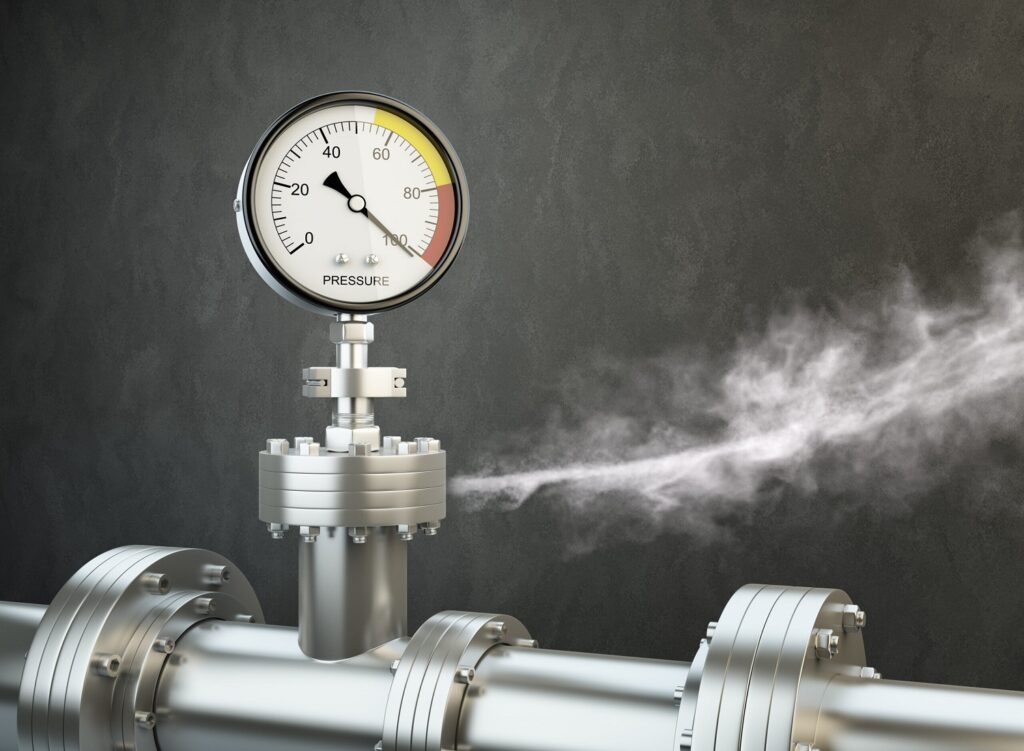
Clanking Sound When Turning On Heat
Homeowners often hear a groaning sound when they turn on their heating systems for the first time in the fall. Sounds like clicking and knocking are to be expected from a baseboard hot-water system as well. The noise level of the system’s pump, however, should be minimal. Immediately call a repairman if you hear any knocking coming from the boiler itself.
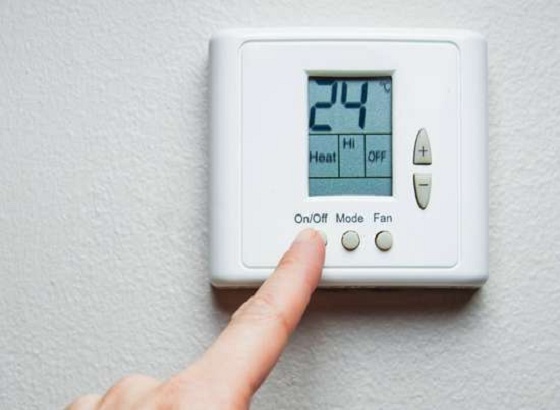
Squeaking in Floors
You might get used to the occasional squeak if you have wood floors in your home, but experts recommend not ignoring it. It’s common for people to brush off squeaky floors by saying things like, “Oh, it’s just an old home,” but squeaky floors could indicate termite damage.
Termites also make a tapping noise when they tunnel inside of walls. Damage to a floor joist from termites can cause the floor to slant.
A golf ball can be used to detect angles by placing it in the center of a room and watching to see if it rolls anywhere. These are some more subtle indicators that your home is about to be infested.
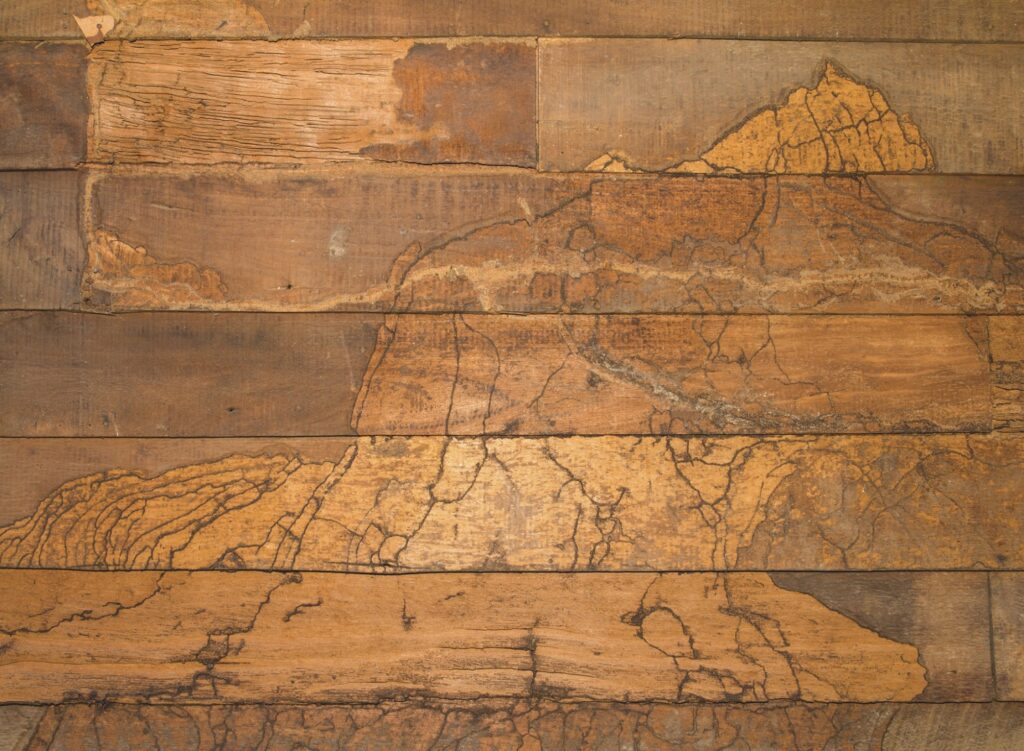
Banging in Steam Radiators
When the temperature drops, homeowners of older homes who rely on steam heat should be aware that the system will make some noise. Ruts in the wood can form over time as the steam radiator’s temperature rises and falls, warping the floor.
According to the website of the United States Department of Energy, both of these effects can end up causing the radiator to tilt, preventing water from draining properly from the radiator when it cools. As a result, the radiator will make clanking noises as it heats up.
The Department of Energy suggests installing shims under the radiators to angle them a little toward the pipe in a one-pipe system or toward the steam trap in a two-pipe system.
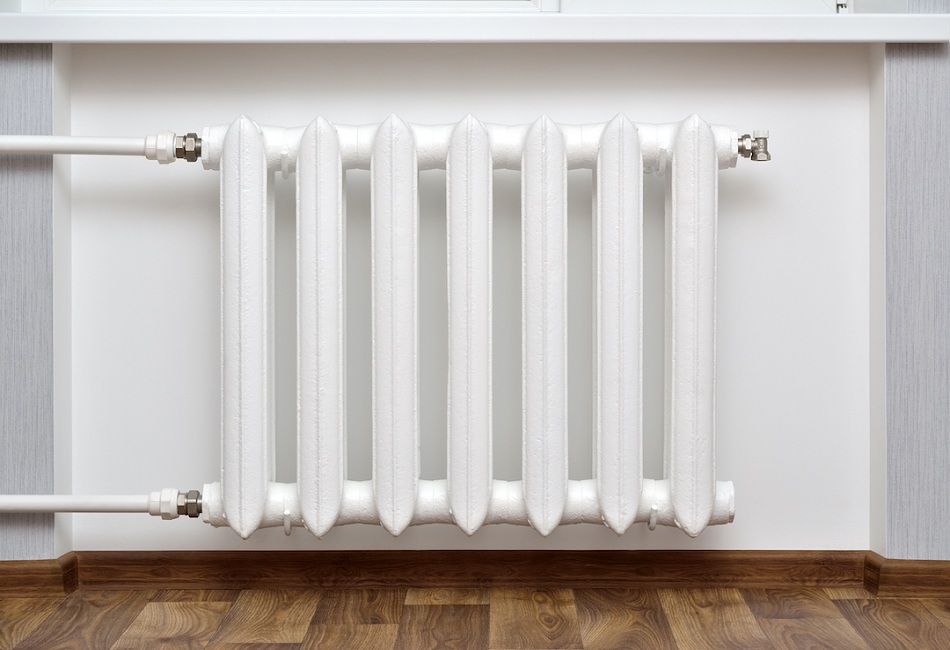
Water in Walls
Dripping sounds in the walls, especially if accompanied by a musty odor, could indicate leaking pipes. Check for running toilets or stuck flappers if you hear water running in the house when no one is using it.
After that, make sure no appliances like the washing machine, dishwasher, or sprinkler system are operating. Turn off the water to the house and look around for any signs of water damage; also, see if there is any standing water in the yard, around the foundation, or in the basement.
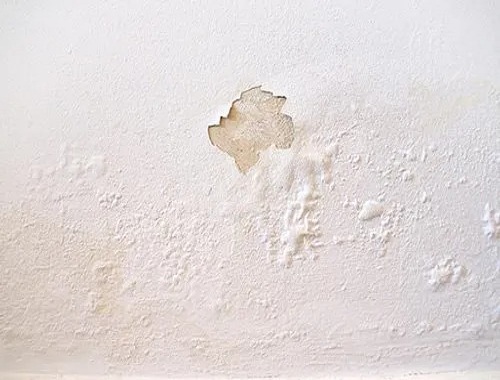
Bubbling Coming From The Water Heater
A hot water heater functions similarly to a pot of boiling water; once the fire is lit, the water inside can be used.
The bottom of the hot water tank is a common place for sediment to accumulate. The sediment bubbling makes a peculiar crackling sound, which may indicate the tank is failing prematurely.
Flushing out your hot water tank once every few months can help prevent this problem.
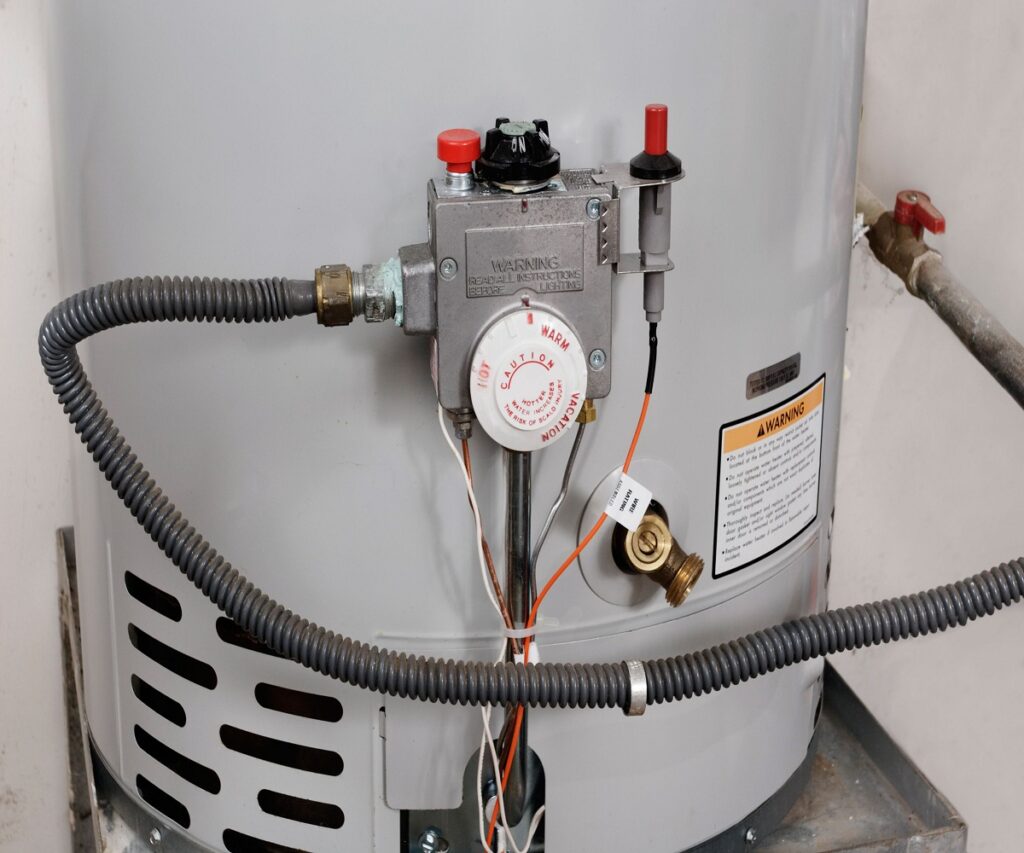
Running Water
If no one is using the plumbing, you should not hear any water running. A broken pipe could be the source of the noise, which could be anywhere in the house, including the wall or the floor. If you aren’t a plumber yourself or very handy, please get one right away!
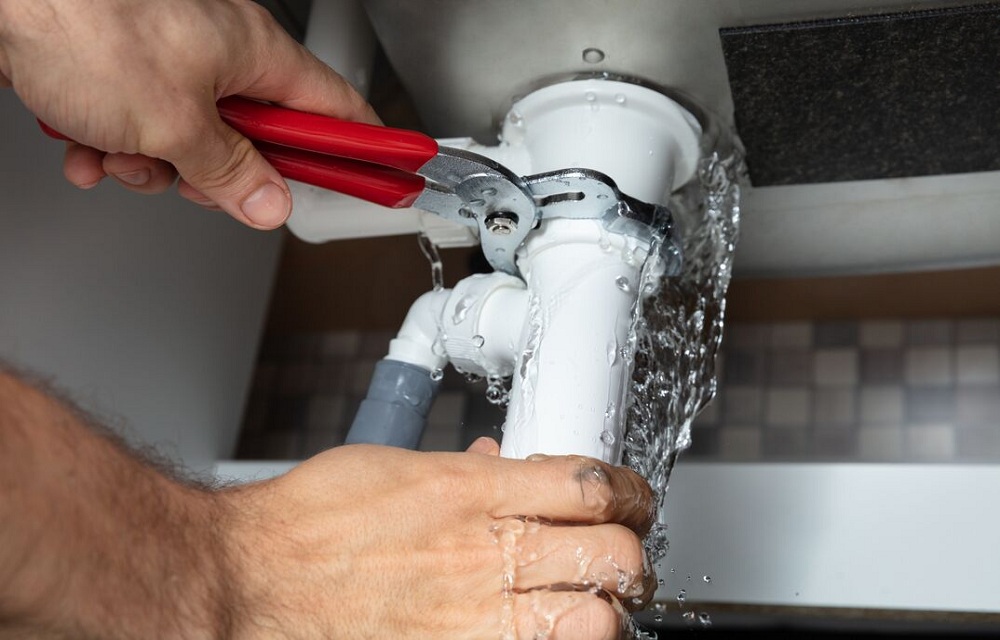
Scratching From Behind The Walls
Have you ever heard scratching and chittering from behind the wallpaper or other mysterious noises coming from the attic? There is a possibility that rodents such as mice, raccoons, or even squirrels have found their way into your home.
Be proactive as soon as you notice any signs of possible pests. It is best to use traps for smaller rodents. A professional exterminator should be contacted for larger, more resistant invaders. Sealing up your home’s entrances will help you avoid problems in the future.
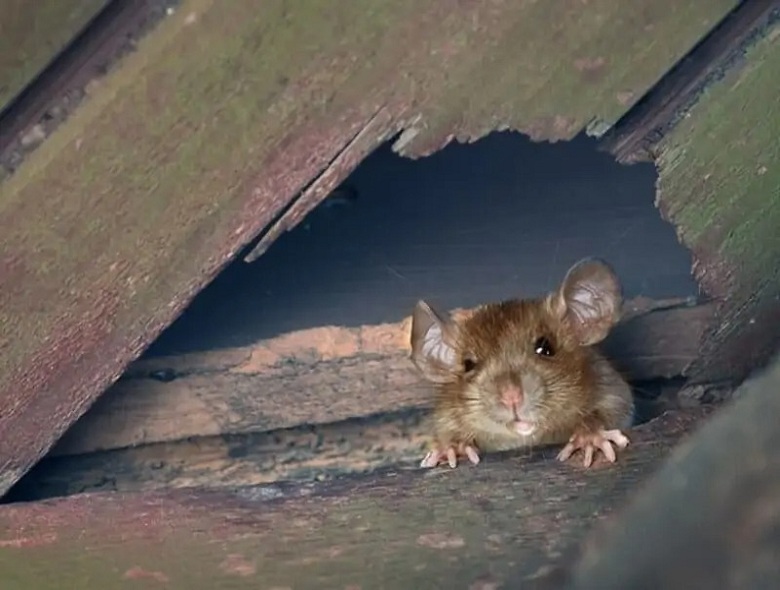
Furnace Whistling
Possible explanation: a dirty filter is forcing the furnace to work harder than it needs to, resulting in stale air being drawn into the house. The filters should be changed on a monthly basis.
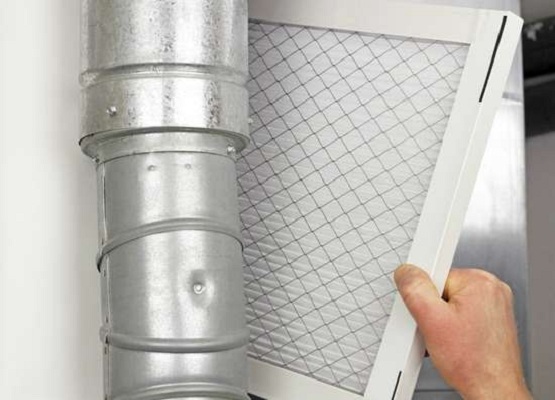
Switch Turning On and Off
It’s likely that if you get your water from a well, you also have a well pump, either indoors or outside.
The system collects water and stores it in a reservoir until it’s needed. An annoying problem would be if it turned on every time you opened the faucet. Due to its frequent on/off cycles, the well pump is quickly worn out.
There is probably some sort of leak in the system. If you find any signs of leaking, you may need to contact a plumber.
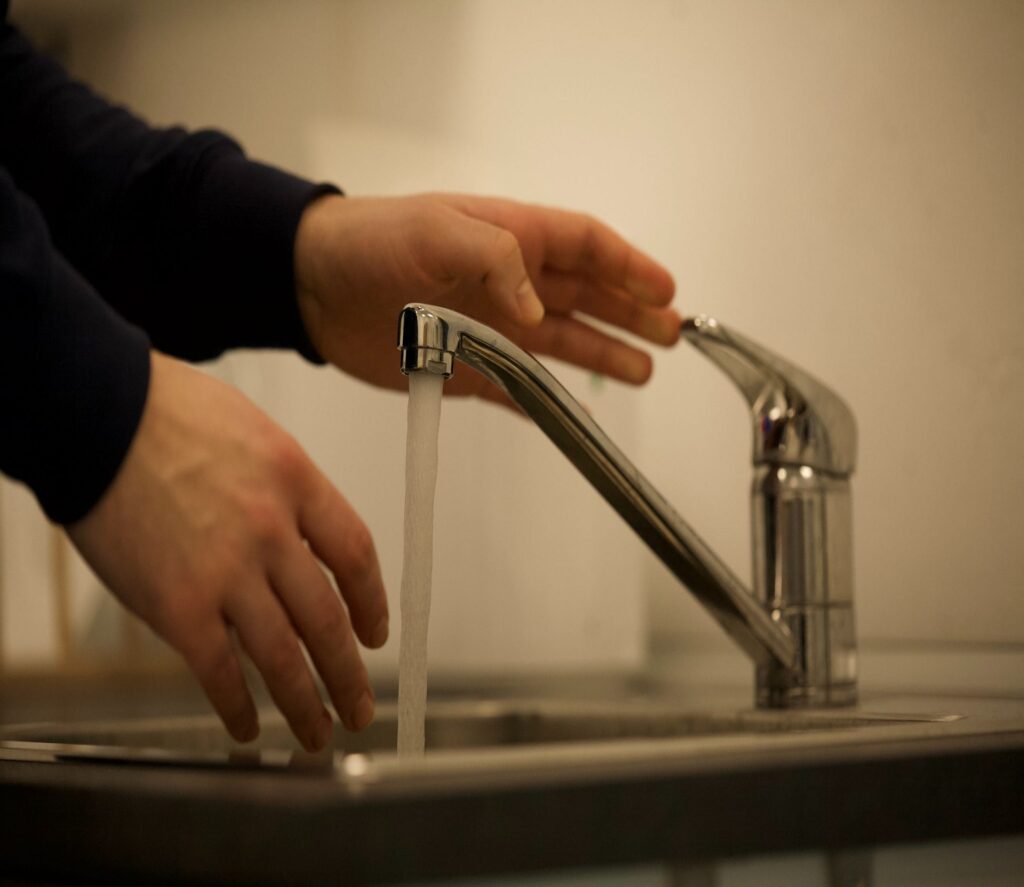
Rattling or Whistling from Windows
When windows rattle, it may be time to adjust, repair, or replace the sash. If something is rattling, it’s likely butting up against something else without any kind of padding, which could lead to wear and eventually cracking the window.
For older windows, a whistling sound may indicate that the glazing (the putty strips that hold the glass in place) needs to be re-sealed.
If your windows aren’t properly sealed, you’re wasting money on heating and cooling.
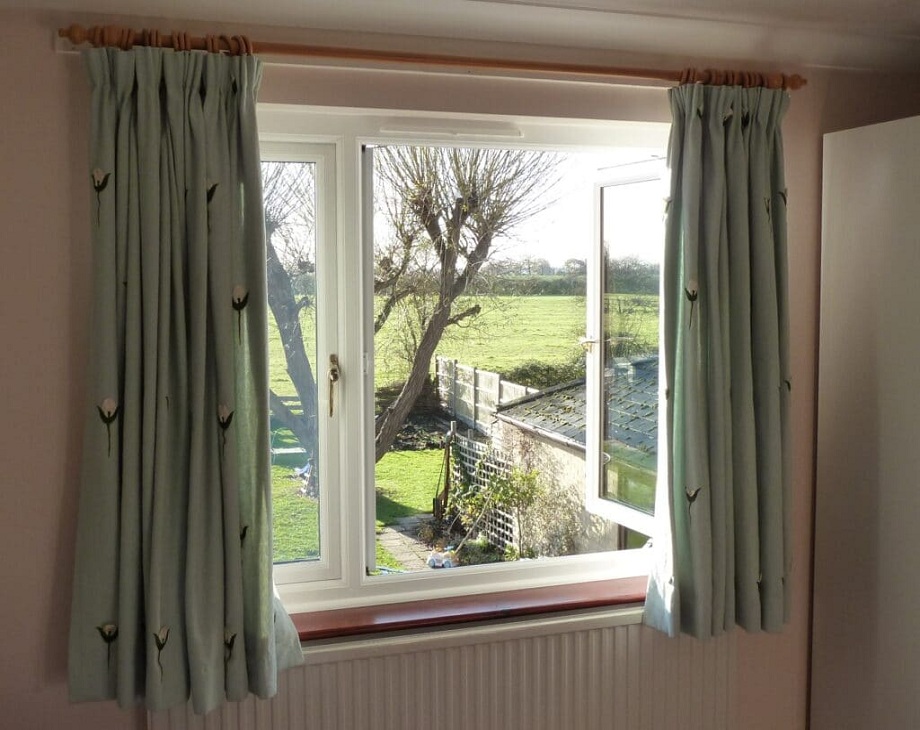
Flapping or Clicking in Fridge
One of the most common noises that experts get called about is one that sounds like a playing card getting caught in the spokes of a turning bicycle wheel.
Because of the importance of airflow in refrigerators, there are typically multiple fans spread throughout the appliance. When a fan makes that noise, ice is likely forming in and around the blades. If you choose to ignore it, you may come home from work to a warm refrigerator, resulting in spoiled food and an additional expense beyond the cost of the fan repair.
If you hear clicking that isn’t coming from the icemaker, it’s possible that your compressor is on the fritz and your fridge will warm up. You can avoid these kinds of problems if you are aware of the factors that may shorten the life of your refrigerator.
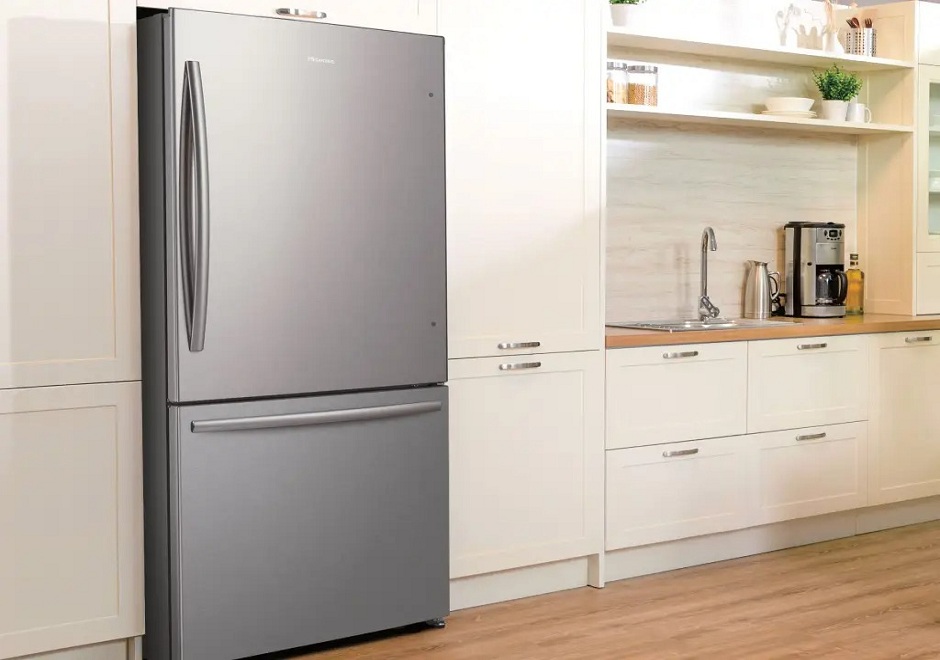
Thumping in Washer
When a washing machine makes a thumping noise, it’s usually because of an uneven load, and it’s more than just annoying. Indicating a problem with the tub’s balance ring, a ring of fluid placed at the tub’s apex to counterbalance your weight.
If you ignore that thudding, the machine’s drum could become so unbalanced that it begins crashing the control board, replacing a small repair bill with one that exceeds the machine’s worth.
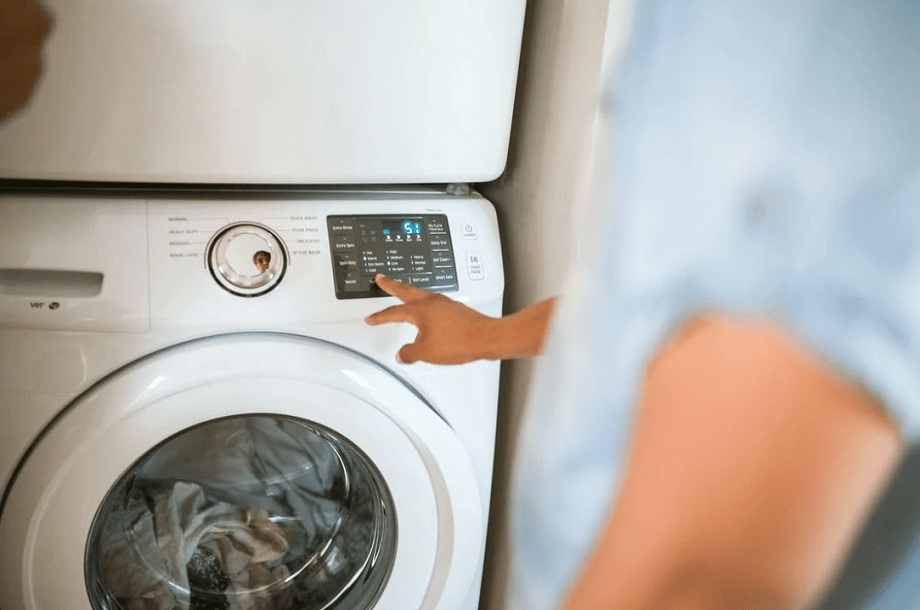
Squeaking in Washer or Dryer
Washing machines and dryers are more complicated than most home appliances, with many moving parts including belts, rollers, pulleys, and drums.
You should never disregard a squeak because it’s the sound of fast-moving metal on metal. What starts as a minor noise can quickly escalate into a major issue, such as the complete collapse of a drum. We’ve seen dryer drums split in half, allowing clothing to fall into the heater area. We’ve also seen washer bearings fail completely at high spin, destroying much more than just the tub.
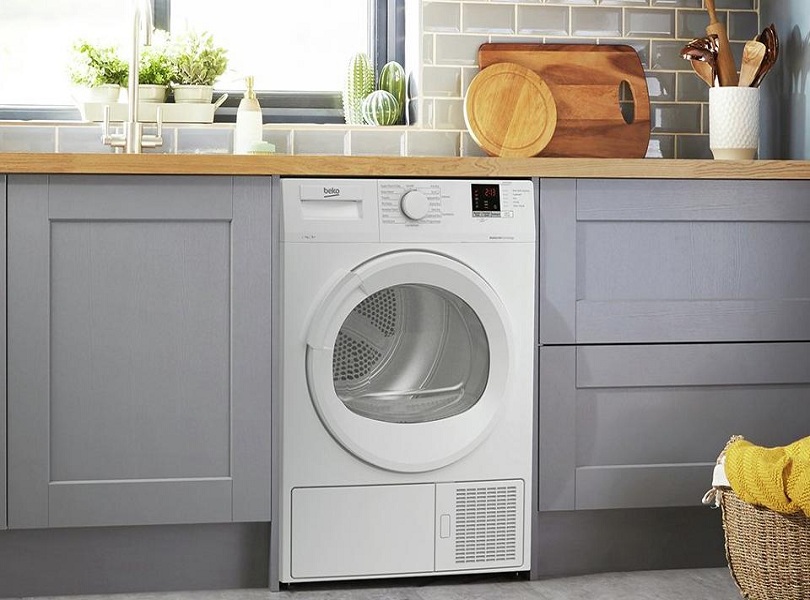
Rattling from Dishwasher
When it comes to dishwashers, you should never ignore a sound like dice shaking in a plastic cup. Debris in the drain pump housing can cause permanent damage to the drain pump or the dishwasher’s propeller, preventing the appliance from draining.
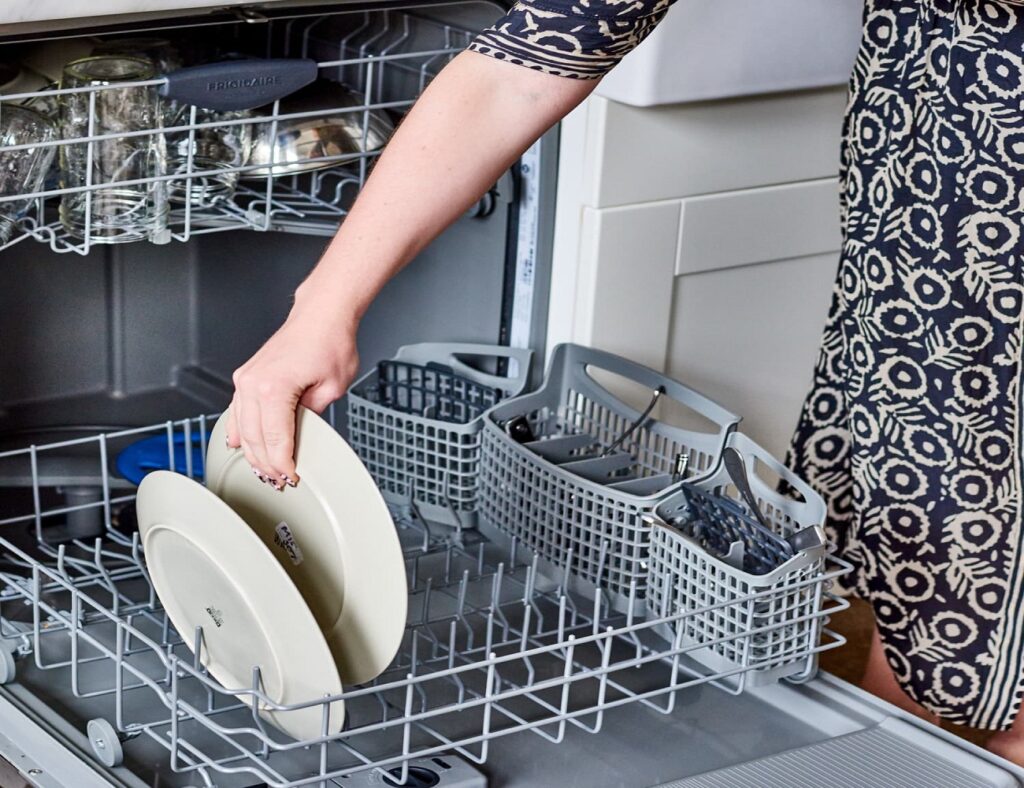
Scraping on Roof
It’s possible that the scraping noises you’re assuming are coming from your attic are actually coming from the outside. Having trees close to your home increases the risk of damage to your roof from scraping shingles.
Once the porcelain is scraped off of composite shingles, all that’s left is tar and paper, which will cause leaks almost pretty quickly.

